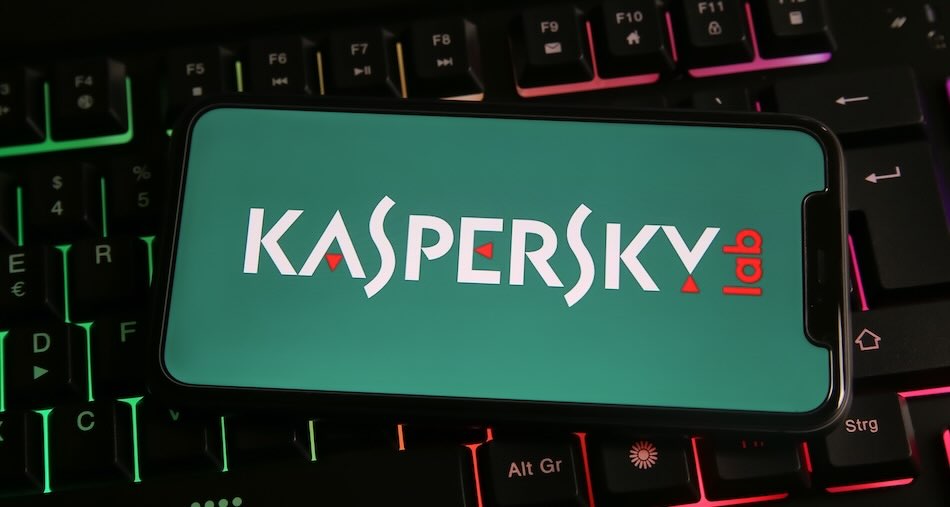
Kaspersky antivirus users in the U.S. are finding themselves unexpectedly switched over to a new security product, UltraAV, after Kaspersky automatically removed itself from their systems. This surprise transition stems from Kaspersky's shutdown of its U.S. operations following a June 2024 government ban over national security concerns, leading to a forced migration of roughly one million users.
The U.S. government's ban on Kaspersky included prohibiting software updates and sales in the U.S. by September 29. Consequently, Kaspersky struck a deal with Pango Group, the company behind UltraAV, to ensure users would still receive security updates through the transition. While users were reportedly notified by email, many claimed to have been caught off guard, discovering that their Kaspersky software had been deleted and replaced with UltraAV overnight.
Users left scared and confused
The confusion has led to frustration across online forums like Reddit, where users voiced their concerns. Some believed their systems had been compromised by malware due to the abrupt change, exacerbated by the fact that UltraAV requires a login to perform system scans.
Users also encountered difficulties uninstalling UltraAV, with reports of the program reinstalling itself after removal attempts, deepening the mistrust of the new software. Despite assurances from UltraAV that it offers similar features to Kaspersky, users expressed skepticism, with many immediately switching to alternative antivirus solutions such as Bitdefender, ESET, F-Secure, and Avast.
Kaspersky, a prominent Russian cybersecurity company, has been a trusted name in antivirus protection for years, particularly noted for its performance in independent tests by organizations like AV-TEST. However, its operations in the U.S. came under scrutiny due to potential ties with the Russian government, leading to its inclusion on the Entity List — a register of foreign organizations deemed national security risks. This listing ultimately forced Kaspersky to exit the U.S. market, laying off its U.S. staff and discontinuing service for American customers.
UltraAV, a lesser-known entity owned by Pango Group, is primarily marketed alongside UltraVPN, a VPN service based in Panama. Users also discovered that UltraAV's installer was digitally signed by Max Secure Software India Pvt. Ltd., further adding to concerns about the transparency of the software's origins and security standards. Despite these concerns, UltraAV emphasizes that its software offers comparable protection, including malware defense and identity theft safeguards.
For users affected by this sudden change and who don't trust UltraAV, the simplest solution would be to uninstall it and just rely on Windows Defender, the OS's default security tool that offers good enough protection against all threats.







Leave a Reply